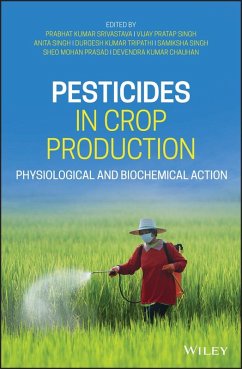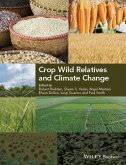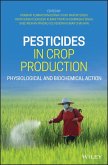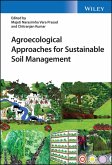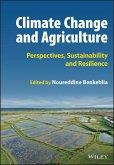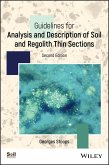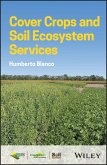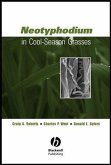A guide to the diversity of pesticides used in modern agricultural practices, and the relevant social and environmental issues Pesticides in Crop Production offers an important resource that explores pesticide action in plants; pesticide metabolism in soil microbes, plants and animals; bioaccumulation of pesticides and sensitiveness of microbiome towards pesticides. The authors explore pesticide risk assessment, the development of pesticide resistance in pests, microbial remediation of pesticide intoxicated legumes and pesticide toxicity amelioration in plants by plant hormones. The authors include information on eco-friendly pest management. They review the impact of pesticides on soil microorganism, crops and other plants along with the impact on other organisms like aquatic fauna and terrestrial animals including human beings. The book also contains an analysis of pesticide by GC-MS/MS (Gas Chromatography tandem Mass Spectrometry) a reliable method for the quantification and confirmation of multiclass pesticide residues. This important book: * Offers a comprehensive guide to the use of the diversity of pesticides and the pertinent social and environmental issues * Explores the impact of pesticides from morphological, anatomical, physiological and biochemical perspectives * Shows how pesticides affects soil microorganisms, crops and other plants along with the impact on other organisms like aquatic fauna and animals * Critically examines whether chemical pesticides are boon or bane and whether they can be replaced by environmental friendly pesticides Written for students, researchers and professionals in agriculture, botany, entomology and biotechnology, Pesticides in Crop Production examines the effects of chemical pesticides and the feasibility of using bio-pesticides.
Dieser Download kann aus rechtlichen Gründen nur mit Rechnungsadresse in A, B, BG, CY, CZ, D, DK, EW, E, FIN, F, GR, HR, H, IRL, I, LT, L, LR, M, NL, PL, P, R, S, SLO, SK ausgeliefert werden.

